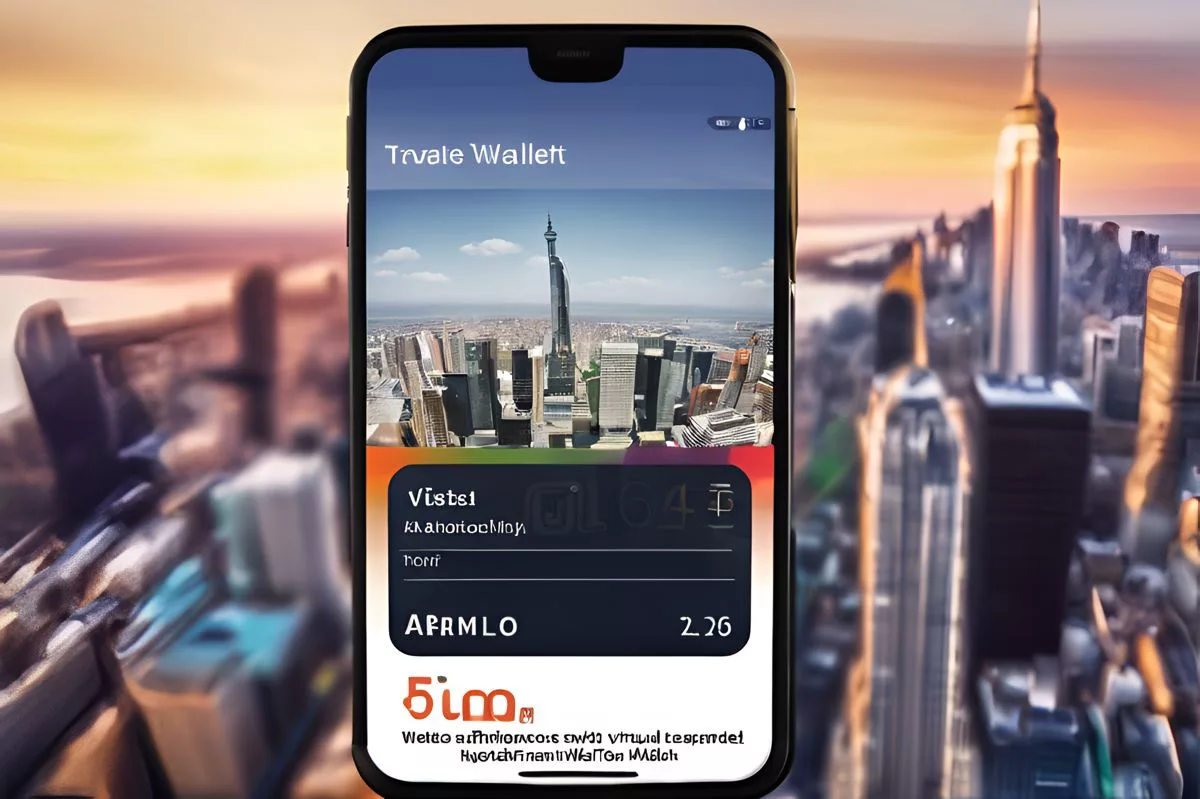Cape Town is making big changes to its Dial-a-Ride (DaR) service, which helps people with mobility challenges get around. With a new app and online platform, booking trips and payments will be much easier and faster. This move shows Cape Town’s promise to be an inclusive city, ensuring everyone can travel comfortably. Thandi, a long-time user, is excited about the new system, saying it will make her journey simpler and worry-free. Overall, these updates aim to create a brighter future where every resident can move around with dignity and ease.
What is Cape Town’s Dial-a-Ride service and how is it improving?
Cape Town’s Dial-a-Ride (DaR) service provides specialized transportation for individuals with mobility challenges. With a new six-year agreement, it will enhance accessibility through a mobile app and online platform, streamlining trip bookings, payments, and real-time tracking to ensure a more efficient and user-friendly experience.
Cape Town’s Stride Toward Inclusive Mobility
In early September 2024, Cape Town took a monumental step in its quest for a more inclusive cityscape. The city signed a six-year agreement with HG Travelling Services to improve the Dial-a-Ride (DaR) service, a specialized transportation system tailored for individuals facing mobility challenges. This service, which is crucial for those who find traditional public transport inaccessible, is set to become significantly more efficient and user-oriented with the rollout of a new mobile app and online platform.
Cape Town has long been dedicated to ensuring that residents with mobility impairments are not left behind when it comes to transportation. The DaR service has been a cornerstone of this commitment, designed specifically for commuters who have been evaluated by healthcare professionals and found eligible for the service. The new contract, worth around R28.1 million annually, includes a substantial subsidy from the City of R18.1 million, with an additional R10 million provided by the Western Cape Provincial Government. This financial backing highlights the service’s importance and lays the groundwork for its expansion.
Councillor Rob Quintas, the Mayoral Committee Member for Urban Mobility, revealed these upcoming changes with evident enthusiasm. “We’re phasing out the current cash and card payment methods in favor of a virtual travel wallet. Additionally, a dedicated DaR online platform and mobile app are in development to enhance convenience,” Quintas announced. These upgrades are scheduled to begin in phases starting November 1, 2024, with the goal of simplifying the processes for registration, applications, trip bookings, and real-time vehicle tracking for users.
The Digital Leap in Public Transport
The advancements in Cape Town’s public transport infrastructure mark a significant departure from traditional methods, ushering in a new age of virtual payments and online bookings. This shift is designed to improve safety, efficiency, and security across the board. By transitioning to a digital payment system, the city ensures upfront payments, thereby reducing risks associated with cash handling and minimizing no-shows. This progressive approach aligns well with global public transport trends, drawing parallels with innovations in major cities like London and New York.
The new contract also allows HG Travelling Services to subcontract smaller vehicle operators, including NGOs, NPOs, and e-hailing services, to serve passengers who do not require wheelchairs. This inclusive strategy not only expands the service’s reach but also encourages community collaboration. As the budget for the service grows, it can further extend its benefits, ensuring more residents can access this vital transportation option.
Technology is the backbone of these enhancements, with the new mobile app and online platform designed to comply with international Web Content Accessibility Guidelines. This ensures that the tools are user-friendly for everyone. Users will be able to register, apply, book trips, manage their bookings, and track vehicles in real-time. For drivers, this app will streamline route planning, scheduling, and navigation, leading to greater efficiency and shorter commute times. This blend of accessibility and technology mirrors the advancements seen in smart cities around the world, where integrated services enhance urban living.
Real-life Impact and Inclusivity
An illustrative story shared by Councillor Quintas highlights the real-life impact of these improvements. Thandi, a long-time DaR user, expressed her excitement about the new system. She recounted her struggles with the old payment methods, saying, “I often worried about carrying cash and the delays in trip bookings.” Thandi believes the new app will revolutionize her experience, enabling her to book and pay for trips conveniently from home.
For residents who are not tech-savvy or do not have access to smartphones, the service will still offer the option to book trips via the HG Travelling Services call center. This dual approach ensures inclusivity, making sure no one is left behind in this digital transition. This reflects Cape Town’s commitment to creating an accessible and accommodating environment for all its residents.
The phased introduction of the online platform and app demonstrates thoughtful planning. While adaptation may take time, especially concerning upfront payments, these measures are crucial for improving safety and accommodating a larger number of users. Cape Town’s efforts to enhance transport for differently-abled residents are reminiscent of historical strides in public service accessibility, such as the introduction of wheelchair-accessible buses in the late 20th century.
A Glimpse into the Future of Urban Mobility
Cape Town’s initiative is part of a larger trend in urban mobility and digital transformation. Cities around the globe are increasingly leveraging technology to improve public services, from smart traffic systems in Singapore to digital ticketing in Berlin. These innovations reflect a growing recognition of the need for accessible, efficient, and user-friendly public transport solutions.
As Cape Town embarks on this transformative journey, it joins the ranks of cities at the forefront of technological integration and inclusivity. The enhancements to the DaR service, supported by a robust technological framework, promise a brighter, more accessible future for all residents. This initiative not only addresses the immediate needs of differently-abled commuters but also sets a precedent for future advancements in urban mobility.
By embracing these changes, Cape Town reaffirms its dedication to creating a city where every resident, regardless of their mobility challenges, can navigate with ease and dignity. This vision of inclusivity, bolstered by cutting-edge technology, ensures that Cape Town remains a pioneer in urban mobility and public service innovation. As the city continues to evolve, it sets a benchmark for other municipalities striving to improve accessibility and enhance the quality of life for all their citizens.
FAQ about Cape Town’s Dial-a-Ride Service Improvements
What is the Dial-a-Ride (DaR) service in Cape Town?
The Dial-a-Ride (DaR) service is a specialized transportation system in Cape Town designed for individuals with mobility challenges. It provides an essential service for those who find traditional public transport inaccessible, ensuring they can travel comfortably and with dignity.
How is Cape Town improving the Dial-a-Ride service?
Cape Town is enhancing the DaR service with a new mobile app and online platform, which will simplify trip bookings, payments, and real-time tracking. These updates are part of a six-year agreement with HG Travelling Services and aim to create a more efficient and user-friendly experience for passengers.
When will the new app and online platform be available for users?
The enhancements to the Dial-a-Ride service, including the new app and online platform, are scheduled to begin rolling out in phases starting on November 1, 2024. This phased approach allows for a smooth transition as users adapt to the new system.
Will there still be options for users who are not tech-savvy?
Yes, the Dial-a-Ride service will maintain accessibility for users who are not tech-savvy or do not have access to smartphones. Trips can still be booked via the HG Travelling Services call center, ensuring that everyone can utilize the service regardless of their technological capabilities.
What financial support is available for the Dial-a-Ride service?
The new contract for the Dial-a-Ride service includes a significant annual budget of approximately R28.1 million, which is supported by R18.1 million from the City of Cape Town and an additional R10 million from the Western Cape Provincial Government. This funding underscores the city’s commitment to improving transportation accessibility for residents with mobility challenges.
How does the new system improve safety and efficiency for users?
The transition to a digital payment system through the new app and online platform enhances safety by reducing cash handling and potential risks associated with it. Furthermore, it minimizes no-shows by requiring upfront payments. The system also improves efficiency for drivers by streamlining route planning and real-time vehicle tracking, contributing to shorter commute times for users.












